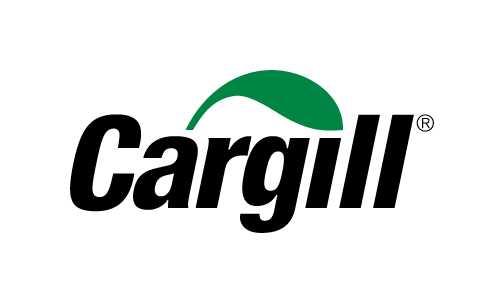MINNEAPOLIS, U.S. – Cargill, one of the world’s largest food and agriculture companies, and the International Cocoa Initiative (ICI), a leader in child protection in cocoa growing, have partnered to expand their joint actions on child labour in Côte d’Ivoire.
Scaling up a relationship that has been ongoing since 2002, the two organizations are now establishing a monitoring system in Cargill’s cocoa supply chain to identify and protect children, especially those involved in child labour.
The innovative model for child labour prevention and response, called Child Labour Monitoring and Remediation System (CLMRS), allows Cargill to go a step further in its efforts to eradicate child labour and is based on best practices developed by ICI.
The system will be embedded in the monitoring and evaluation program for the Cargill Cocoa Promise, the company’s responsible and sustainable cocoa program, and will be piloted this year in eight farmer cooperatives in Côte d’Ivoire reaching nearly 7,000 cocoa farming households. The system will help Cargill identify and understand incidences of child labour so that appropriate remediation activities can be undertaken.
“At Cargill, we recognize that we cannot tackle child labour in cocoa-farming communities on our own. Working alongside technical experts like the ICI helps us learn how to take a labour-monitoring system to scale in a complex, smallholder agricultural supply chain,” said Taco Terheijden, Sustainability Director of Cargill Cocoa & Chocolate.
“Cooperatives have proven to be one of the most efficient and effective means to reach cocoa farmers, reduce poverty and impact their livelihoods. Working together with ICI and the cooperatives on establishing CLMRS is a crucial next step in the important journey to both understand and eradicate child labour from our cocoa supply chains.”
In September 2016, ICI started training Cargill’s network of “lead farmers,” a group of reliable and influential members of farmers’ cooperatives working with the company, to serve as child labour agents and lead interventions that help children escape child labour.
As trusted members of the community and cocoa farmers themselves, these lead farmers have been trained by ICI to conduct regular household interviews, collect and share relevant socio-economic data via mobile technology and to provide education on the dangers of child labour. By providing technical guidance on all aspects of the system, ICI is building the capacity of Cargill to manage the system on its own, and to be able to fully integrate it into its core business.
“We have developed a system that goes wide and deep in tackling child labour in cocoa,” said Nick Weatherill, ICI’s Executive Director.
“The more companies that adopt the principle of CLMRS into their supply chains, the better our chances to achieve a step change in child protection and cocoa sustainability. We are glad to partner with Cargill Cocoa & Chocolate on this very important endeavour. After more than 10 years of working together, we are now embarking on an even closer partnership and a journey to improve the lives of children in cocoa-growing communities.”
About ICI
Established in 2002, the International Cocoa Initiative (ICI) is a leading organization promoting child protection in cocoa-growing communities. ICI works with the cocoa industry, civil society and national governments in cocoa-producing countries to ensure a better future for children and to advance the elimination of child labour.
About the Child Labour Monitoring and Remediation System
The CLMRS was crafted by ICI in order to identify and address cases and causes of child labour in cocoa growing regions of West Africa.
It works at all levels of the supply chain in order to enable companies to develop tailored responses. ICI is already directly assisting 2,403 children found to be involved in hazardous activities through the Nestlé CLMRS pilot, which is running since 2012.
About Cargill Cocoa Promise
We launched the Cargill Cocoa Promise in 2012 to align our efforts in origin countries. It is our commitment to improving the livelihoods of farmers and communities in a holistic way that will secure a thriving sector for generations to come. The origin countries include Brazil, Cameroon, Côte d’Ivoire, Ghana and Indonesia.


















